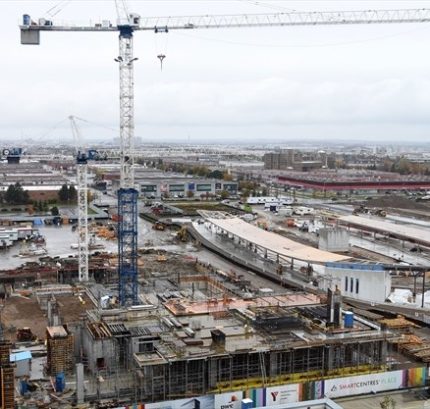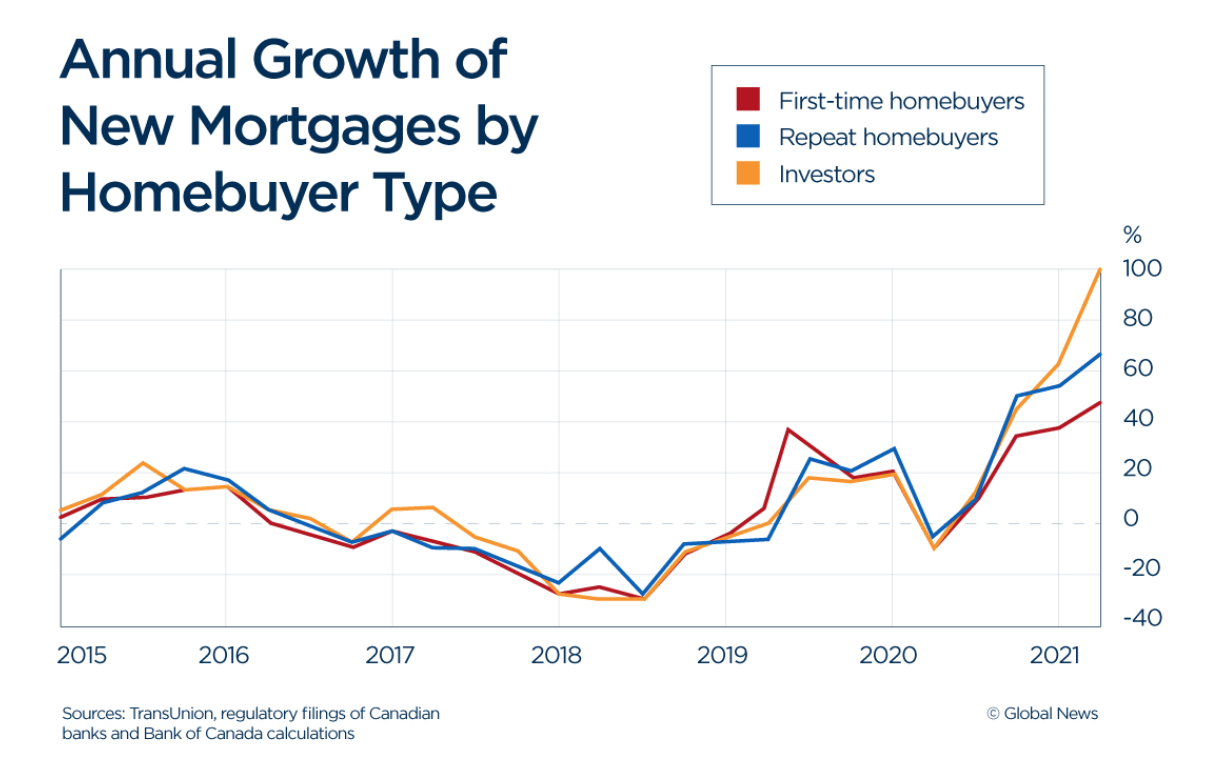Housing supply shortage leads to housing and an affordability crisis in Toronto
Policy proposals put forth by the Liberals in their recent re-election campaign, which, like that of the other parties, focussed largely on the need to build more new housing.
Last week (December 2021), in an attempt to make home ownership a reality for more Canadians Justin Trudeau handed his housing minister a series of tasks — including some targeting foreign buyers – addressing mostly the demand side.
The prime minister asked for measures that include a temporary ban on non-recreational residential sales to foreign buyers which he believes will help ensure that housing does not sit vacant and unavailable to Canadians wanting to buy homes.
The ban is a cornerstone of Trudeau’s plan to address Canada’s frenzied housing market that has become synonymous with limited supply leading to bidding wars, extreme buyers’ anxiety and skyrocketing costs.
Trudeau also wants to review down payment requirements for investment properties, create a fund to develop rent-to-own projects and an an “anti-flipping tax” on residences that would require properties to be held for at least 12 months before they can be sold. He also asked for a ban on blind bidding, a widely-used practice, where homebuyers submit offers to sellers who don’t disclose the details of competing bids.
Critics took issue with these and with regards to the foreign buyer ban in particular, some realtors deem it unnecessary as they believe that foreign buyers make up only a small fraction of purchasers in the country.
Trudeau hopes he can reverse these trends by investing in a new housing accelerator fund intended to boost inventory with measures such as inclusionary zoning, increased densification, reductions in construction approval timelines and the rapid development of vacant or underused lands.
What could work to address both the lack of supply and increase in demand?
Most experts and analysts believe bringing more meaningful inventory to the market could help. However, addressing supply cannot be solved immediately – it is a giant task in of itself. However, it is time for politicians to push for it aggressively as a top priority and to do it SOON






